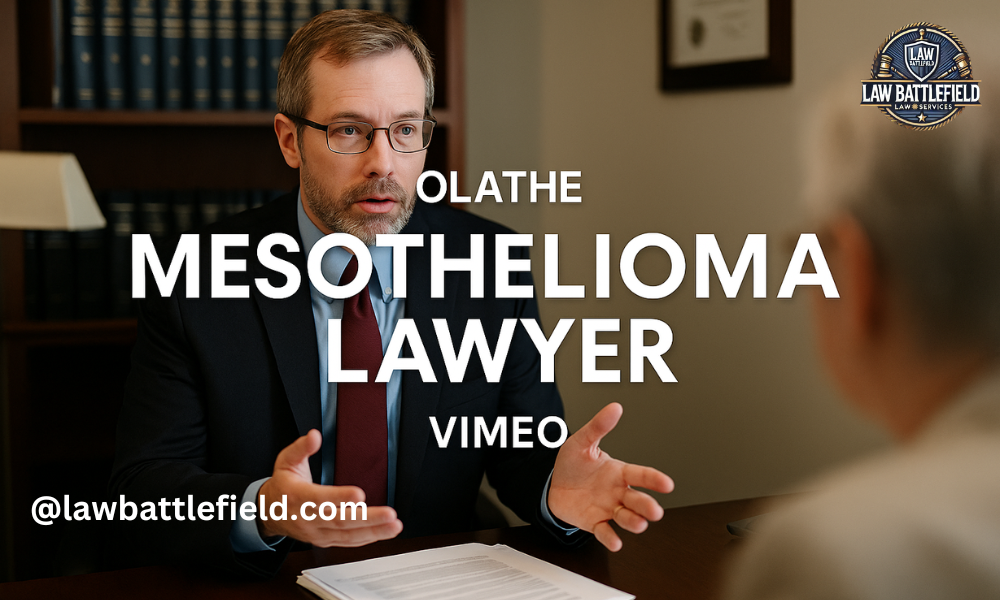The end of a marriage can affect many people, and impact various areas of a family’s life, especially when there are children involved. There may be changes in living arrangements, financial matters, and the roles of one or both parents. Navigating these dynamics can be challenging for all parties involved, as they adjust to their new roles and responsibilities.
To help make the transition easier for children of divorcing parents, legal frameworks exist to ensure their stability, security and well-being. In particular, child support laws are designed to ensure that children continue to have access to the financial resources they need to cover essentials such as their education, housing and healthcare, supporting them in their growth and development. To help parents better understand their responsibilities in this area, this article will clear up some common misconceptions about child support.
Child Support Ends At 18
It is commonly believed that child support payments automatically terminate when a child reaches the age of 18. While this is generally correct, certain caveats may apply to extend parental responsibility beyond this age.
In some states, child support payments may be required until the child graduates from high school or reaches the age of 21. The point when child support ends in Texas may depend on the child’s legal emancipation. This means child support payments may no longer be mandatory when the child leaves home, gets married or is able to support themselves financially before reaching the age of 18 or graduating from high school.
Child Support Is The Father’s Duty
Child support is often considered to be the father’s duty, however, this is not accurate. Both parents are financially responsible for supporting their children, irrespective of their gender. The obligation to pay child support depends on the custody arrangement ordered by the court. This means that the parent who does not have primary custody of their child will typically be required child support to the other parent. Since fathers can also be awarded custody of their children, in many cases mothers may be required to pay child support.
Child Support Can Be Waived
Divorcing couples often believe that the duty to pay child support can be waived if the parent who is awarded custody of the children agrees to do so. However, as child support is a legal obligation it cannot typically be waived by mutual agreement. The laws in this area exist to ensure that the financial needs of the child are met and the courts will usually enforce child support payments even if the parents have made contrary agreements.
Child Support Is Only Required If The Parent Sees Their Child
A non-custodial parent will have a financial responsibility to support their child financially regardless of whether they see their child. This means they will still be required to contribute to their child’s housing, education and healthcare even if they do not have contact or visitation rights with their child.
The laws surrounding child custody can be confusing and may vary from state to state. To ensure a full understanding of your responsibilities as a parent, it is advisable to speak to a child custody attorney who can provide guidance for your situation.
Was this article helpful? Check out more on Lawbattlefield.com
Legal Aid Services Buffalo New York: A Complete Guide To Free Legal Support





